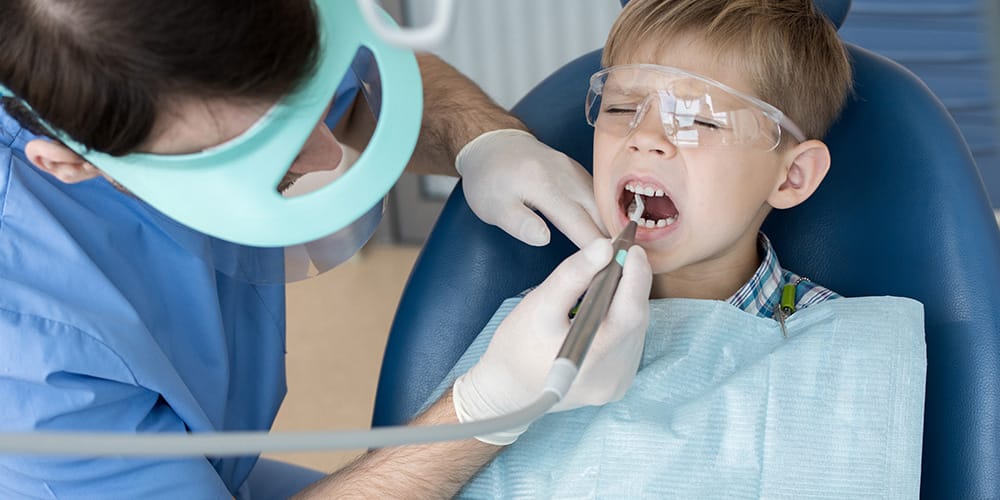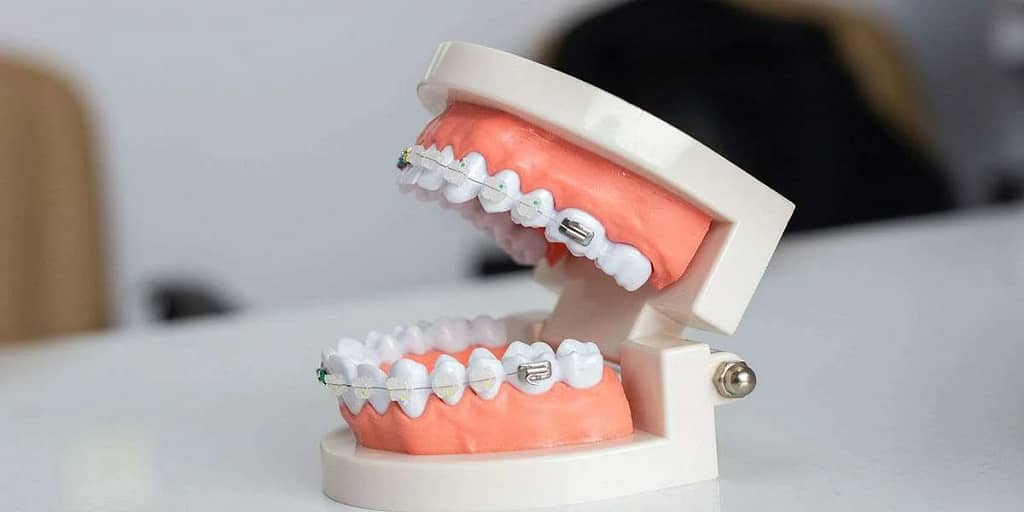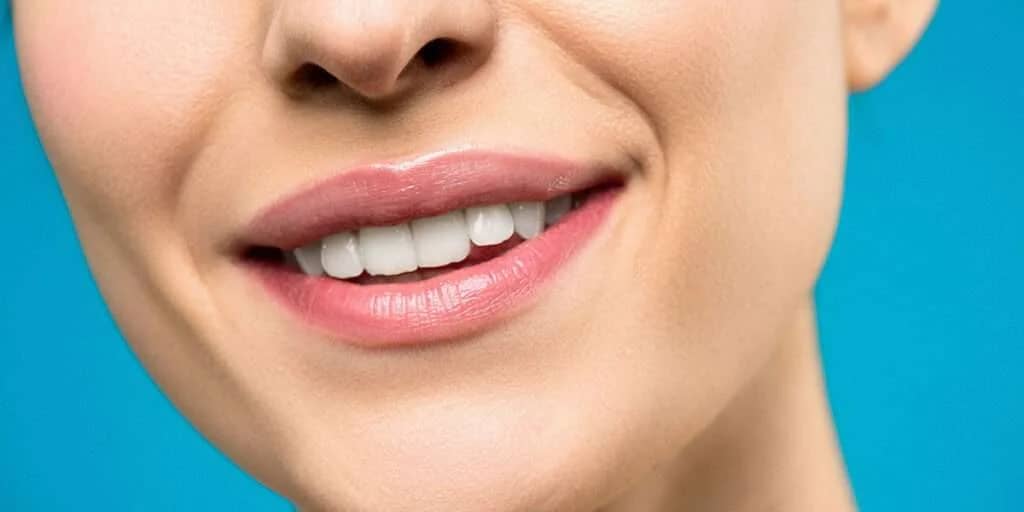Emergency Pediatric Dentist NYC helps you to get rid of dental issues for your child effectively. Dental crises can occur even when your kid receives preventive and routine care. Often, acting appropriately in the moments following an incident might be the difference between saving and losing a tooth.
Emergency Pediatric Dentist NYC
It is common for children, and there is more possibility of getting hurt and requiring emergency dental care.
Some of the emergency pediatric dental care that needs to be addressed immediately are,
- A knocked-out(avulsed) tooth
- Chipped or broken tooth
- Bitten or cut on the tongue or lip
- Infected toothache with facial swelling
The primary goal of child dentist NYC under such emergency conditions is,
- Save the teeth from being lost
- Prevent complications and treat infected teeth
- Find the possible way to restore the function of teeth
Pediatric Dentistry – Knocked-Out(avulsed) Baby Tooth
Generally speaking, losing a baby tooth is less serious than losing a permanent tooth. However, your child should still visit the office to have an oral exam and its condition.
The baby teeth and the permanent teeth, which are developing inside the bone during the first few years of life, are very closely related.
When the baby’s teeth are damaged during this time, it may impact the appearance of the permanent teeth at the age of eight, depending on the severity of the injury. The permanent teeth may appear with pale markings or a deformity in the crown.
The most severe lesions on primary teeth, such as incursion (when the tooth is buried in the gum) and avulsion, can complicate the permanent successors (when the tooth is knocked out).
The younger the child, the more serious the circumstances are. Once a primary tooth has been knocked out, it shouldn’t be replaced.
Steps Followed Once Baby Tooth Is Knocked Out
Steps to follow once the baby tooth is knocked out,
- First, give your child comfort. Use a sterile gauze pad to gently push down the wound to stop the bleeding.
- To ensure that the child has not eaten the knocked-out tooth, try to locate it. It’s crucial to look for the tooth because it might have been knocked into the gums or because some of it might still be in the bone.
- Do not try to replace a baby tooth back in its socket, you risk harming the permanent tooth in long term.
- Visit your pediatric dental office. Your pediatric dentist thoroughly inspects your child’s mouth and may use x-rays to verify the condition of the adjacent teeth and any immature permanent teeth.
- A space maintainer is placed to prevent the neighboring teeth from shifting and to ensure that the permanent teeth erupt properly.
- If necessary, “pedo-partial,” a temporary bridge is created that only lasts until permanent teeth erupt. The situation and treatment plan of each unique child are taken into account.
Knocked-Out(avulsed) Tooth – Children Permanent Tooth
If a permanent tooth is lost due to trauma, your child has to see the emergency pediatric dentist right away, within an hour, for the best results.
If it is after hours, you can call your emergency dentist immediately over the phone and follow the instruction given by your dentist for immediate action.
Follow these instructions right away:
- Gently rinse the avulsed tooth with cool water and re-insert it into the tooth’s socket carefully.
- With your thumb, gently press down on the tooth until the crown is level with the neighboring tooth.
- Have the child bite down on a soft cloth to stabilize the tooth until you reach your emergency dental office.
- Place the tooth in a glass of cool milk, if you are unable to reinsert it, and then get straight to the pediatric dentist.
- The quicker you act there is more possibility to save your child’s permanent tooth.
Dental Emergency Chipped Or Broken Teeth
Due to falls, sports-related injuries, or even biting down on hard things like ice or candies, children might chip or break their teeth.
If your child breaks or chips a tooth, clean the area right away by rinsing the mouth gently with warm water. To stop bleeding, use sterile gauze or a clean soft cloth.
Use ice to reduce any facial swelling. The patient most urgently requires a dental exam and x-rays as soon as feasible.
It is advisable to travel straight to a nearby hospital for evaluation if there is a history of unconsciousness, nausea, or vomiting, or if the incidence was not witnessed.
Bitten or Cut On The tongue or Lip
If your child bites his or her lip, tongue, or cheek, gently wipe the area with warm water, then use a cool compress.
Call or visit an emergency dentist to find out whether the wound needs stitches. It is crucial to find any chipped tooth embedded in the child’s lip or tongue.
Infected Toothache With Facial Swelling
First, apply a cold compress to the face if it is swollen, and rinse the inflamed region with warm salt water. For any pain, give the child acetaminophen; do not put aspirin on the child’s teeth or gums.
Your child should never receive aspirin in any manner. A dentist should be consulted as soon as you can.
It is crucial to take your child to the dentist very soon if there is swelling outside of the face because this could turn into a serious problem later on. If it happens after business hours, go to the closest emergency department.
How To Prevent Dental Damage In Baby Teeth?
- Avoid using baby walkers.
- Never allow kids to use roller skates unsupervised.
Instruct your kids to protect themselves in various situations
- When playing, take care to protect their teeth and the teeth of their friends by avoiding hitting them with objects that are too heavy.
- Be careful with potential obstacles that they might slip over.
- Play without pushing.
- Remain seated on the swing and refrain from getting off while it is moving.
- When exiting the swimming pool, take the steps.
Make sure the child wears a helmet or mouth guard when engaging in any sports activity that could result in facial injuries, such as rugby, hockey, karate, biking, winter sports (such as skiing), skating, or using a skateboard.
Conclusion
Even though kids may get similar dental issues as that adults. But it must be handled carefully to preserve their teeth to enhance their oral health throughout the future. It may impact them in all ways like eating, sleeping, food, and position neighboring teeth and overall health. So, don’t ignore the situation of a child’s dental trauma act immediately and consult your emergency dentist to prevent future dental issues.



